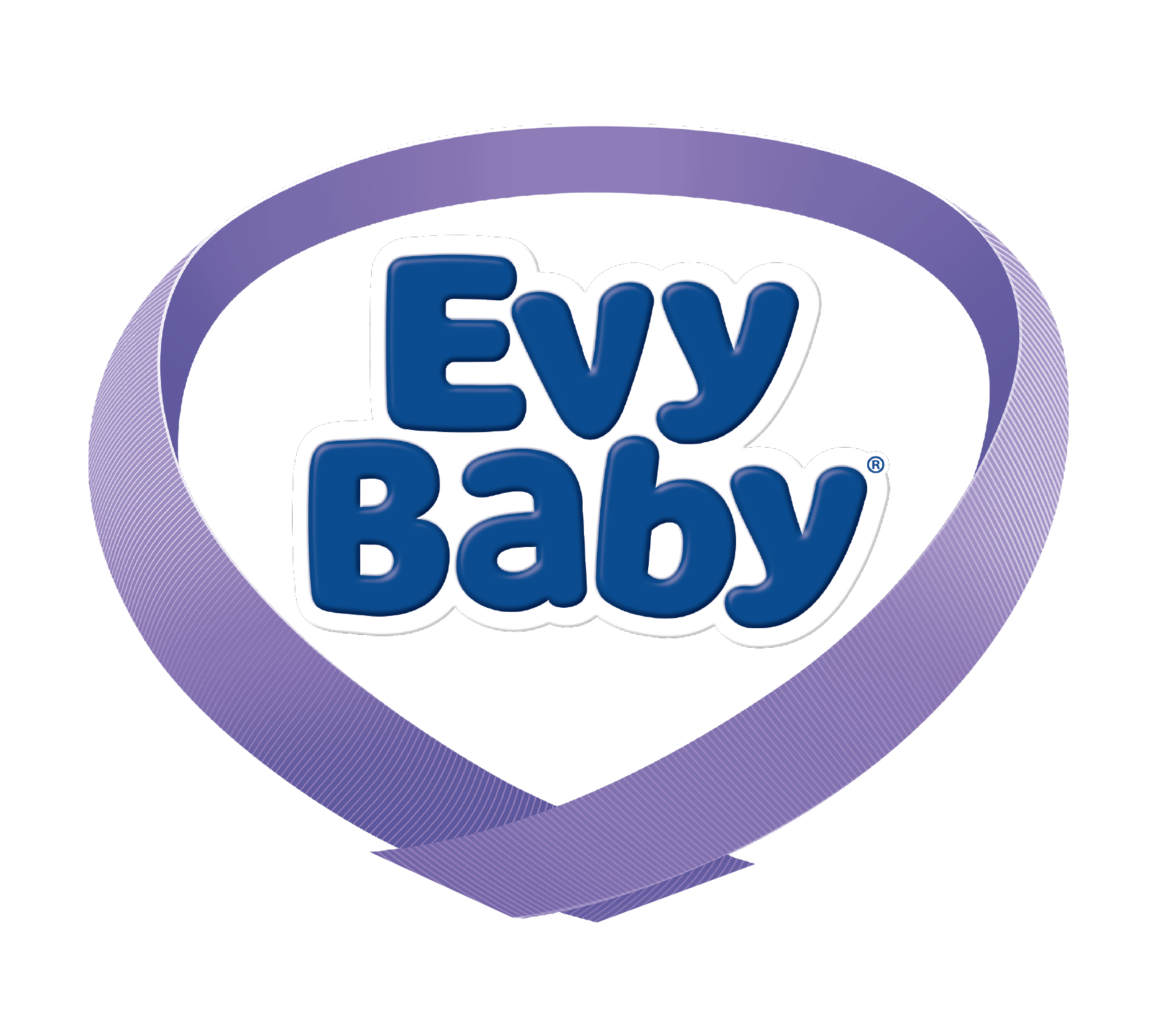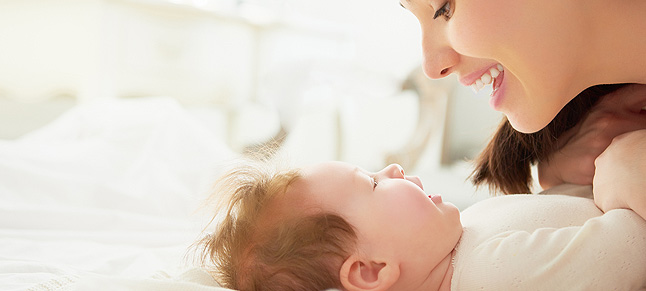

Most babies face some kind of illness during the first few weeks of their birth. To see your child suffering from illness can be very heart wrenching. But if you are aware of these conditions, you will be better prepared to help your baby recover faster. Here are few common conditions, which if you observe in your baby, you should immediately contact your pediatrician.
Abdominal Distension
It’s quite common and normal to see babies’ bellies stick out after a large feeding. However the bellies should be soft to touch. But in case you observe swollen or hard abdomen and your baby also did not had a bowel movement for more than one or two days or is vomiting, you should immediately call your pediatrician. Chances are your baby is suffering from gas or constipation. It may also be a signal for a more serious intestinal problem.
Blue Baby
Many babies have mild blue hands and feet which is not an issue of concern. If your baby’s hands and feet have turned slightly blue due to cold, it should return to pink (normal) as soon as they are warm. But if in case you observe your baby having persistent blue skin, especially if she is also finding difficulty in breathing or difficulty during feeding, it could be an indication that her heart or lungs are not operating properly. Chances are your baby is not getting enough oxygen in the blood. You should immediately seek medical attention.
Excessive crying
Babies cry for a reason, but often for no apparent reason also. If your baby is fed properly, burped, warm, dressed and wrapped in a clean diaper, but still cries you should hold the baby comfortably and sing to the baby until she stops crying. As a parent you will become familiar with different type of ways your baby cries and what does it mean. But if you observe your baby crying in a peculiar way, for example like shrieks of pain or if crying persists for an unusual length of time, be alarmed. There must be something wrong. You should immediately consult a pediatrician.
Coughing
It is common to see babies coughing when they try to drink very fast or when they try to drink for the first time. Coughing because of these reasons should stop after some time on its own. Moreover your baby should stop coughing entirely as soon as she gets adjusted to the feeding routine. But if her coughing is persistent or she routinely gags during feeding, you should consult your pediatrician. It could be an indication for an underlying problem in the lungs or digestive tract.